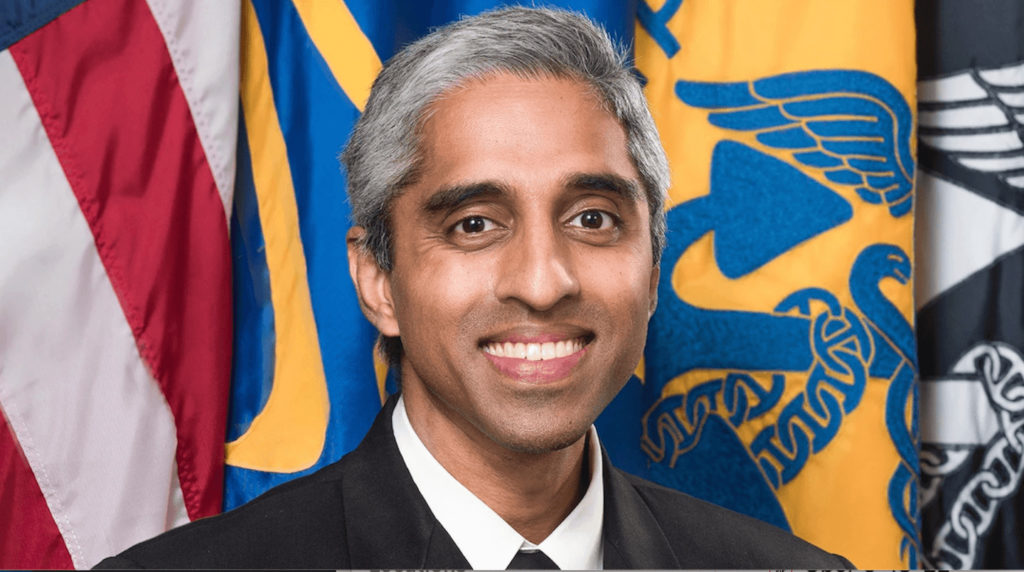
Reforming digital environments can help reduce a loneliness epidemic that disproportionately affects the elderly, according to US Surgeon General Vivek Murthy, MD.
Earlier this week, Murthy announced a “National Strategy to Advance Social Connection” to address this “epidemic of loneliness and isolation.” An accompanying 81-page report cites tech use habits as a possible impediment to social connection.
“Technology [can] distract us and occupy our mental bandwidth, make us feel worse about ourselves and our relationships and diminish our ability to connect with others. Some technology fans the flames of marginalization and discrimination, bullying and other forms of severe social negativity,” according to an accompanying advisory.
Murthy noted that the physical health consequences of poor or insufficient connection include a 29% increased risk of heart disease, a 32% increased risk of stroke, and a 50% increased risk of developing dementia. Additionally, the lack of social connection increases risk of premature death by more than 60%.
Loneliness and isolation also have been linked to mental health challenges. In adults, the risk of developing depression among people who report feeling lonely often is more than double that of people who rarely or never feel lonely. And with more than one in five adults and more than one in three young adults living with a mental illness in the US, addressing loneliness and isolation is critical in order to fully address the mental health crisis in America, he noted.
He said that there is a medicine hiding in plain sight: social connection.
“Given the profound consequences of loneliness and isolation, we have an opportunity, and an obligation, to make the same investments in addressing social connection that we have made in addressing tobacco use, obesity and the addiction crisis,” Murthy added.

